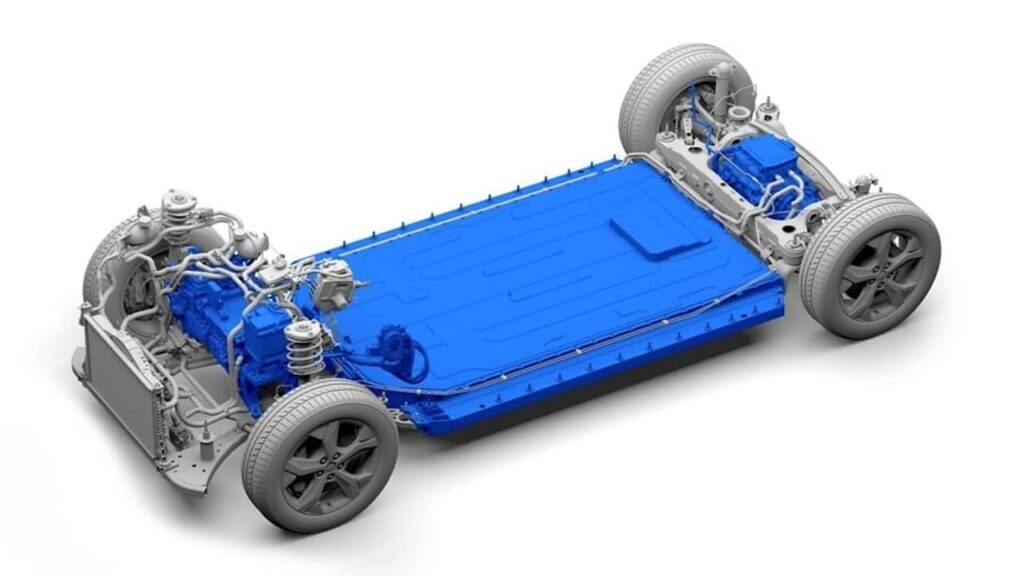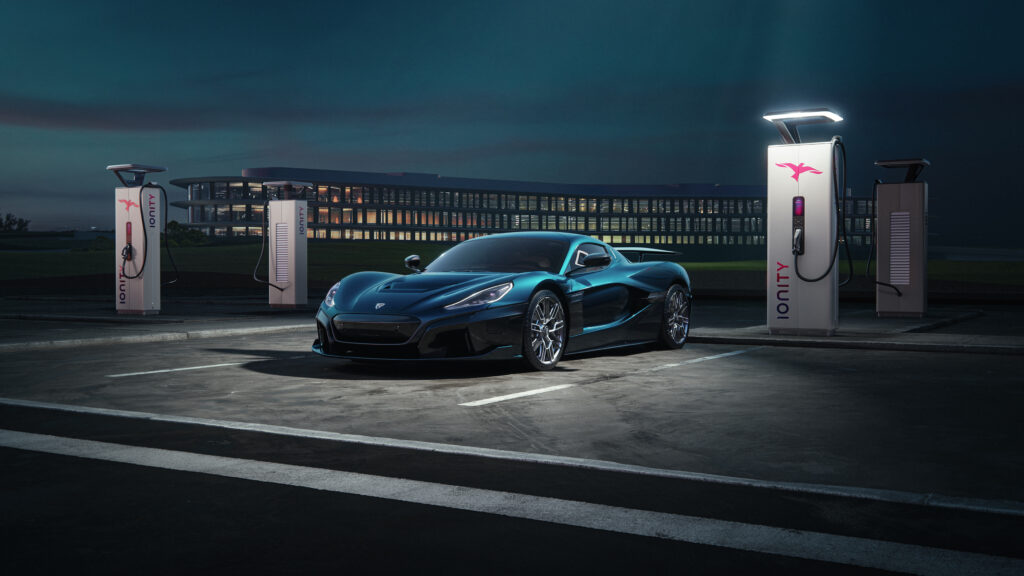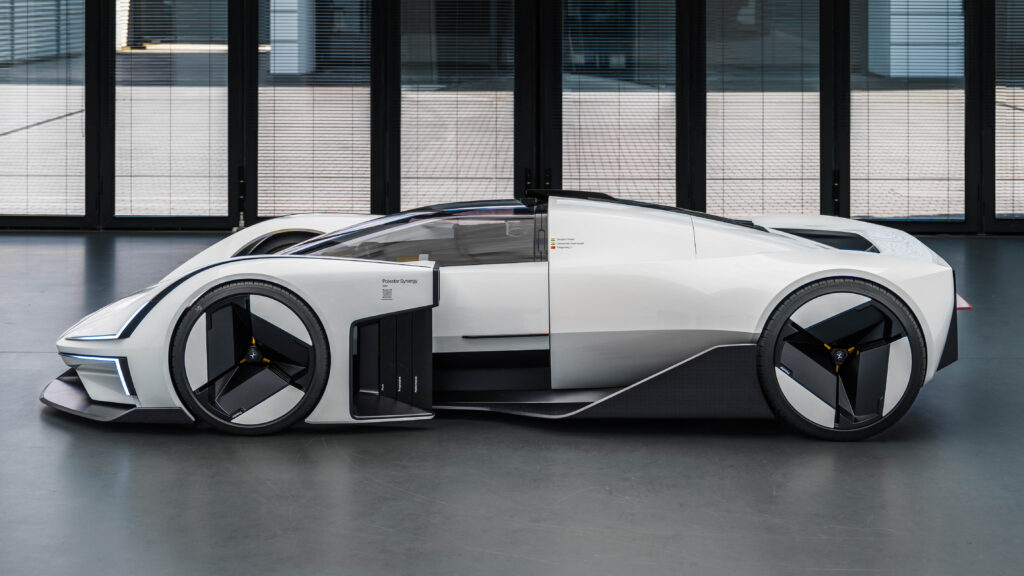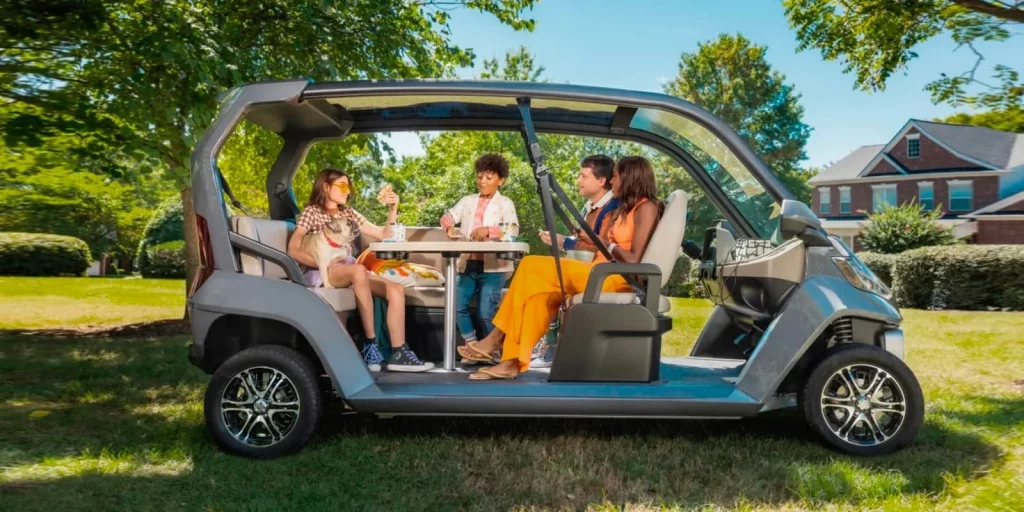Recent reports suggest that Hyundai may be progressing faster than anticipated in the development of its lithium-iron-phosphate (LFP) batteries. According to insider sources, the company aims to complete the development of an LFP battery with a power density of 300 Wh/kg by the end of 2025. This significant advancement would position Hyundai as a major player in the electric vehicle battery market.
A Leap Forward in Battery Technology
Hyundai is making significant strides in the development of lithium-iron-phosphate batteries for electric vehicles. According to industry sources, the company is collaborating with South Korean battery partners to create ultra-high-capacity LFP cells with an energy density of 300 Wh/kg. This would surpass the current market standard set by Chinese manufacturers, who typically offer LFP cells with energy densities in the mid to high 200 Wh/kg range.


A Delayed but Promising Timeline
Originally, Hyundai aimed to complete the development of its LFP cells by 2023 or 2024. However, to achieve the desired energy density of 300 Wh/kg, the company has postponed the launch to 2025. While Hyundai is actively involved in the battery design, its partners are primarily responsible for the development work.
Read More: Tesla Shares Dive 9% After Cybercab Debut
Hyundai’s Commitment to Battery Technology
Hyundai has a long-standing commitment to battery technology. In September 2023, the company announced a collaborative research project with Kia, Hyundai Steel, and EcoProBM to explore new technologies for producing LFP cathodes. However, this project is expected to take four years and is unlikely to have a direct impact on the LFP cells slated for a 2025 release.
In addition to the LFP battery project, Hyundai has also expressed its intention to produce its own battery cells from 2027. However, these cells are expected to be based on nickel-cobalt-manganese (NCM) chemistry rather than LFP.
Targeting Affordable Electric Vehicles
The new LFP cells developed by Hyundai are specifically designed for mid to low-cost small electric vehicles. A high energy density is crucial for these vehicles to achieve a competitive range, especially considering the limited installation space. By offering affordable electric cars equipped with these LFP batteries, Hyundai aims to address the temporary slowdown in demand for EVs.
The Inster EV: A Potential Showcase
Hyundai has already introduced a promising candidate for these LFP batteries: the Inster EV. The Inster EV, a small electric car, is expected to be available in Germany by the end of 2023. Priced well under €25,000, it could feature Hyundai’s new LFP cells, although the battery supplier and cell chemistry remain unconfirmed.
Conclusion
Hyundai’s ambitious lithium-iron-phosphate battery project demonstrates the company’s commitment to advancing electric vehicle technology. With a target energy density of 300 Wh/kg, these batteries have the potential to significantly improve the range and affordability of small electric cars. As the development progresses, Hyundai’s LFP cells could play a crucial role in driving the adoption of electric vehicles.




